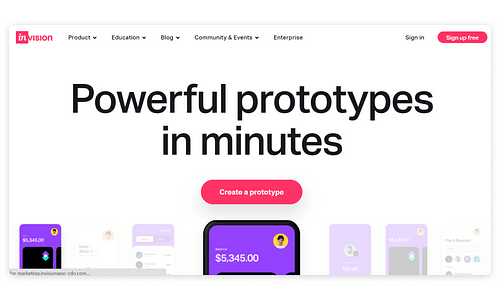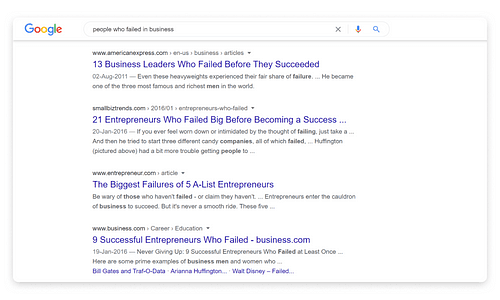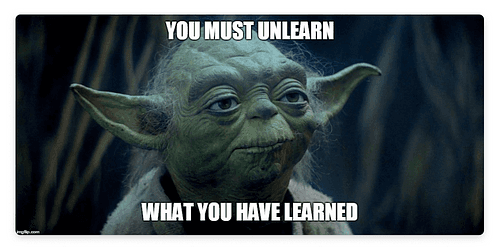Explore the World's Best Ideas
Join today and uncover 100+ curated journeys from 50+ topics. Unlock access to our mobile app with extensive features.
1. Anchoring Bias
Let’s say you go to buy a watch, and the first one you like costs $150, which exceeds your budget, soon after you see a watch that costs $125, this new price seems reasonable now, even though this too might exceed your budget, however, as compared to the first one, it now feels like a better deal.
37
237 reads
2. Survivorship Bias
After reading Gates’ and Musk’s life stories, people seem to fall for the successful dropout myth , because if they can do it, why can’t you?
These stories might expose a fallacy in judgement because in reality, for one success story there are tens of thousands of stories of failure that may not be focused on because of a survivorship bias.
Focusing on only success stories results in “Survivorship Bias”.
31
149 reads
3. Decoy Effect
The decoy effect occurs when a person’s choice between 2 items changes when a third option, asymmetrically dominated, is introduced.
This third option is made easy to discard.
The decoy option is added to nudge the customers towards the intended target option, which is usually more than they really need. These subtle “nudges” are not meant to be manipulative and restrictive.
32
160 reads
4. Curse of Knowledge
The curse of knowledge is a cognitive bias, which occurs when people fail to consider that others don’t have the same background knowledge or information as they do.
Someone knowledgeable in a particular field might find it difficult to put themselves into a beginner’s shoes (or someone who is not familiar with what they’re talking about) when trying to explain a concept at a basic level.
34
175 reads
5. Recognition over Recall
Have you felt that whenever you’re trying to remember someone you met in the past, you find it difficult to recall them from memory but recognise them easily through looking at their pictures?
These scenarios exemplify Recognition over Recall. It’s easier for people to recognize something previously experienced than recall it from memory. Recalling from memory leads to an increase in cognitive load.
34
134 reads
IDEAS CURATED BY
Digital marketing at dentsu. Invested in the symbiosis of marketing, psychology, and design. Photographer at heart.
Pranav P.'s ideas are part of this journey:
Learn more about product with this collection
Essential product management skills
How to work effectively with cross-functional teams
How to identify and prioritize customer needs
Related collections
Similar ideas
8 ideas
4 ideas
6 ideas
Read & Learn
20x Faster
without
deepstash
with
deepstash
with
deepstash
Personalized microlearning
—
100+ Learning Journeys
—
Access to 200,000+ ideas
—
Access to the mobile app
—
Unlimited idea saving
—
—
Unlimited history
—
—
Unlimited listening to ideas
—
—
Downloading & offline access
—
—
Supercharge your mind with one idea per day
Enter your email and spend 1 minute every day to learn something new.
I agree to receive email updates





